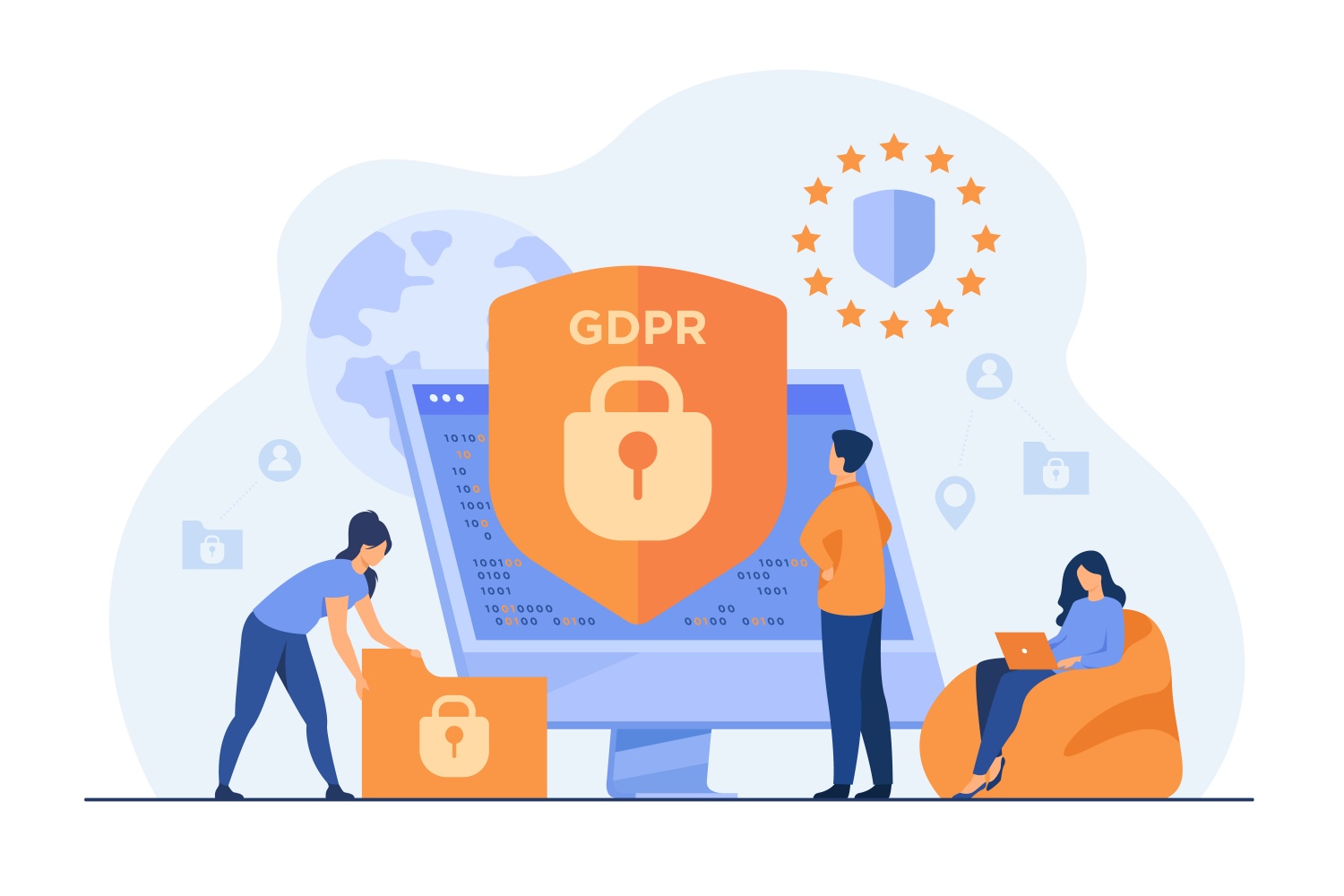Cybersecurity breaches can ruin a company's reputation, scare off investors, and involve millions of dollars in ransomware payouts. What's more, with consumers increasingly paying attention to data security rights and governments enforcing regulatory frameworks like GDPR, companies cannot afford to fall short.
It's become non-negotiable—your company's digital presence simply must adhere to the highest standards of cyber governance, risk, and compliance (GRC).
However, as businesses grow, estimating and planning for GRC compliance costs can be challenging. From in-house security specialists' salaries to software licenses to ongoing support costs, companies have a lot to account for. Here's a breakdown of the biggest cyber GRC costs, with rough estimates of what they might cost you.
Software and Implementation Costs
When the need to manage cyber GRC first emerged, companies relied on armies of consultants and third-party professionals to remain compliant. These days, the software automates several GRC maintenance tasks.
"Automating security compliance processes has quickly become the leading option for forward-looking compliance managers and security experts," notes Arik Solomon in cyber GRC automation platform Cypago's blog. "By significantly reducing the overall efforts required in these processes, you can save hundreds of hours every year and experience a major drop in your total cost of ownership."
While overall costs decrease, software still costs money. GRC automation platform costs generally range from $20,000 to 60,000 per year for enterprises. Note that this range changes significantly based on the details of your tech stack, pricing models, and the features your company needs.
That's just the subscription cost. Implementation is a different matter entirely, and those costs depend on the scale of your organization. Enterprises can expect to pay upwards of $250,000 for outside consultants to oversee remediation of compliance gaps. However, much depends on the type of infrastructure an organization has, and companies that need to update their systems will incur more expenses depending on what needs upgrading.
The good news is that vendors usually conduct deep risk assessments before implementation, giving you a full picture of costs beforehand.
Ongoing Support Costs
Most GRC management platforms update themselves automatically to reflect the latest versions of rules and regulations. However, these automatic updates cannot solve all infrastructure shortcomings you might have.
For this reason, consultants are an expense you must account for, even after your organization has already earned its ISO 27701 and NIST 800-171 certification badges. These people will help you figure out the ideal configuration to ensure your infrastructure remains compliant with regulations and compatible with your GRC management platform. Consultants usually charge $50,000 for three-month assignments.
Employee training is also a part of ongoing support, even if it ends at some point. These costs depend on the number of employees you have. Based on surveys from popular service providers, you can expect to pay between $4,000 and $12,000 overall. Aside from money, training will also cost you time. It's best to estimate between 20 and 25 hours per employee.
If you need to hire employees to enforce compliance, account for those costs too. While smaller companies do not hire dedicated employees, choosing to instead task security employees with GRC tasks, your compliance needs might force you to hire people. For instance, if GDPR compliance is a high priority for you, you'll likely have to hire a Data Protection Officer (DPO) or carve out this role for someone in your company.
There are also "DPO as a service" companies that you can outsource these tasks to, but every organization is different. "Smaller organizations may have limited resources for data protection efforts. This limitation can pose significant challenges in implementing comprehensive data privacy programs," says Pradyumna S. Upadrashta of 777 Partners. "DPOs in such organizations must be resourceful, finding creative solutions to achieve compliance within constraints."
Remedial and Audit Costs
This category of expenses is often forgotten when accounting for GRC compliance. Audits need to take place regularly, and over time, you'll have to take remedial action to plug gaps in your cyber compliance posture. These fixes can cost a lot of money.
While software and job titles help to ensure you'll remain compliant, regularly proving compliance is likewise essential. Audits do this for you, and budgeting for them is critical. You can expect at least one audit each year. Audit costs vary wildly depending on your chosen GRC workflow. If you're running manual compliance processes, expect to pay $15,000 per audit.
However, audit costs can be negligible in some situations since cyber GRC software platforms automatically log reports and update evidence files, giving you audit-ready reports to use. This is another reason to rely on automated GRC platforms instead of manual processes.
Remediation costs depend on the type of gaps your audits reveal. Infrastructure gaps cost more to fix than process-based gaps. For instance, if you need additional oversight of your codebase changes, this is unlikely to add a significant sum to your costs.
However, an infrastructure or tool overhaul will cause a significant dent and stretch for more than a few months. The tools you choose to install new controls and infrastructure can also impact costs significantly. All of this makes accounting for remedial costs beforehand challenging. It's best to ensure your GRC posture is updated to prevent significant costs here.
Compliance Costs Are a Necessary Burden
Cyber GRC compliance might not seem like the most critical item to budget for. However, given its outsized impact on company reputation and bottom lines, planning to implement GRC frameworks is essential.
The costs listed above cover most expense items you'll encounter. However, prepare to account for additional ones, since so much depends on the state of your business and its infrastructure.











